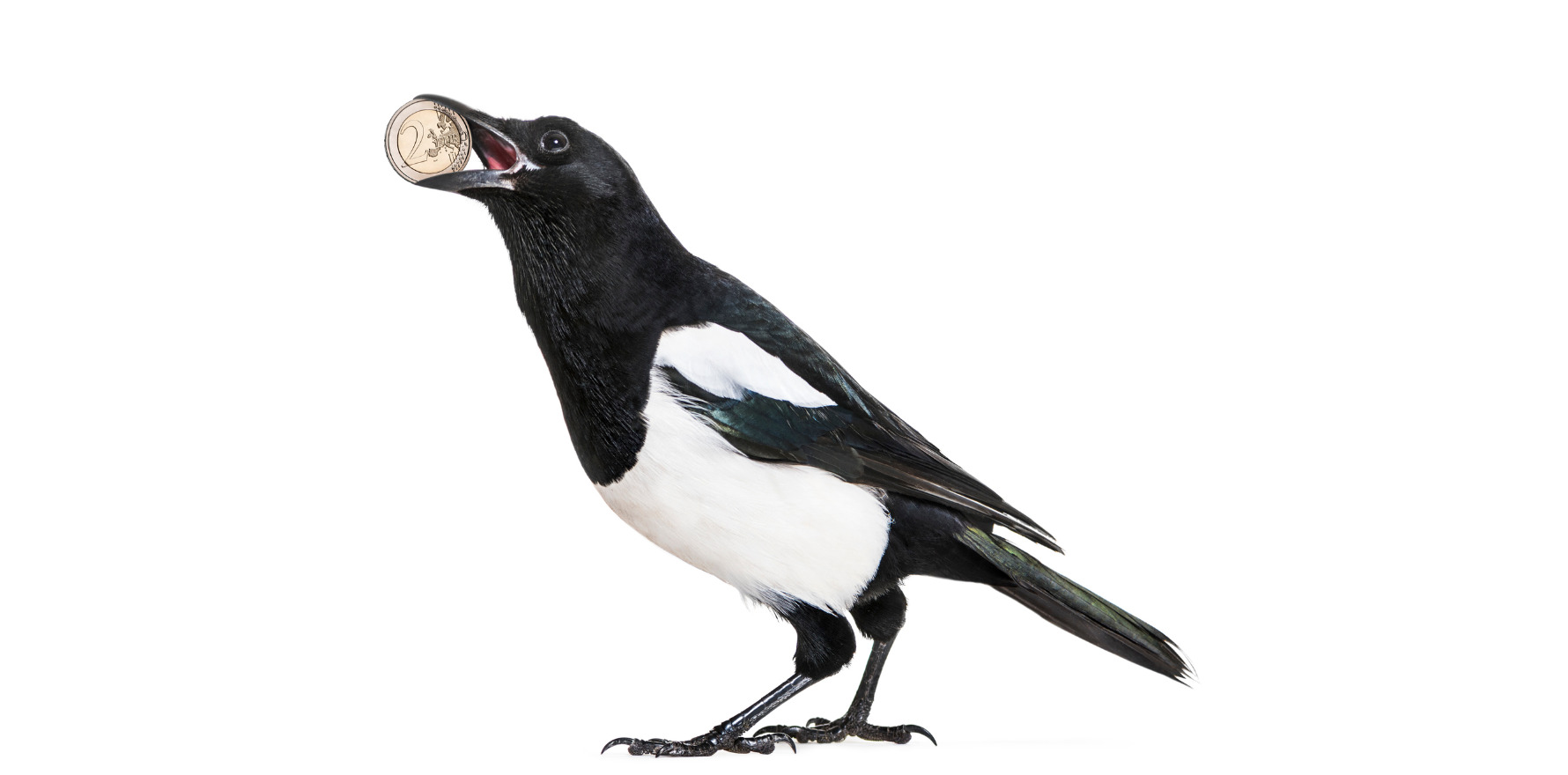Wider awareness of generic ketamine – just $5 a dose – and an MBS item for administering it would go a lot further.
The possibility of PBS listing of esketamine nasal spray Spravato for treatment-resistant depression is a bright and shiny object, but patients, GPs and psychiatrists should not let themselves be distracted from a better option, says a leading expert.
Spravato, sponsored by Janssen-Cilag Pty Ltd, is on the agenda for the PBAC’s July meeting, with the pharma seeking a Section 100 (Highly Specialised Drug Program) Authority Required (Telephone/Online) listing for the treatment of patients with treatment resistant depression (TRD).
In March 2021 the TGA registered Spravato for use in adults who had not responded to at least two different antidepressants, but its PBS listing was rejected in July 2022 because the PBAC “considered that for most patients, esketamine should be initiated after additional treatment options that have longer-term safety and effectiveness data and are more established in clinical practice (for example, combination therapy, augmentation with lithium or other agents and physical treatments such as ECT and rTMS) have been trialled or at least considered”.
If this second attempt at PBS listing is successful, it is estimated Spravato – which currently costs patients between $600 and $800 a dose – will cost the government over $100 million a year, according to ketamine research leader, Professor Colleen Loo, from the Black Dog Institute and UNSW Sydney.
But a cheaper, arguably more effective option is available, says Professor Loo, and the general public, GPs and psychiatrists need to be aware.
“Ketamine is a generic – it’s off patent, in other words – and therefore costs about $5 a dose,” she told TMR.
“A meta-analysis by Bahji et al in 2021 showed that compared with placebo, both the generic and Spravato are highly effective against TRD and in fact, the size of the effect was bigger for the generic than for Spravato.”
Patients and doctors shouldn’t be distracted by what the PBAC decides about Spravato, Professor Loo said.
“The bigger picture is more important,” she said.
“Is ketamine an effective treatment for depression? Yes. Is it good to have ketamine available to the public? Yes. Is Spravato the only option? No.
“The sponsor will be excited to be the only labelled treatment for TRD, and they will make a big deal of it, but we can use ketamine off-label for TRD and psychiatrists do it all the time. In fact, the [RANZCP] recommends both Spravato and the generic form be used in that way.”
Even if off-label ketamine, at $5 a dose, is used, the cost of the treatment procedure itself – $200-$350 each time – remains the biggest barrier to patient access.
“That’s the biggest problem,” said Professor Loo, “and we need to get that conversation happening in the public domain.
“We need a Medicare item to cover the cost of the treatment procedure – that, and raising awareness about the availability about off-label ketamine, is what we should be focused on.”





